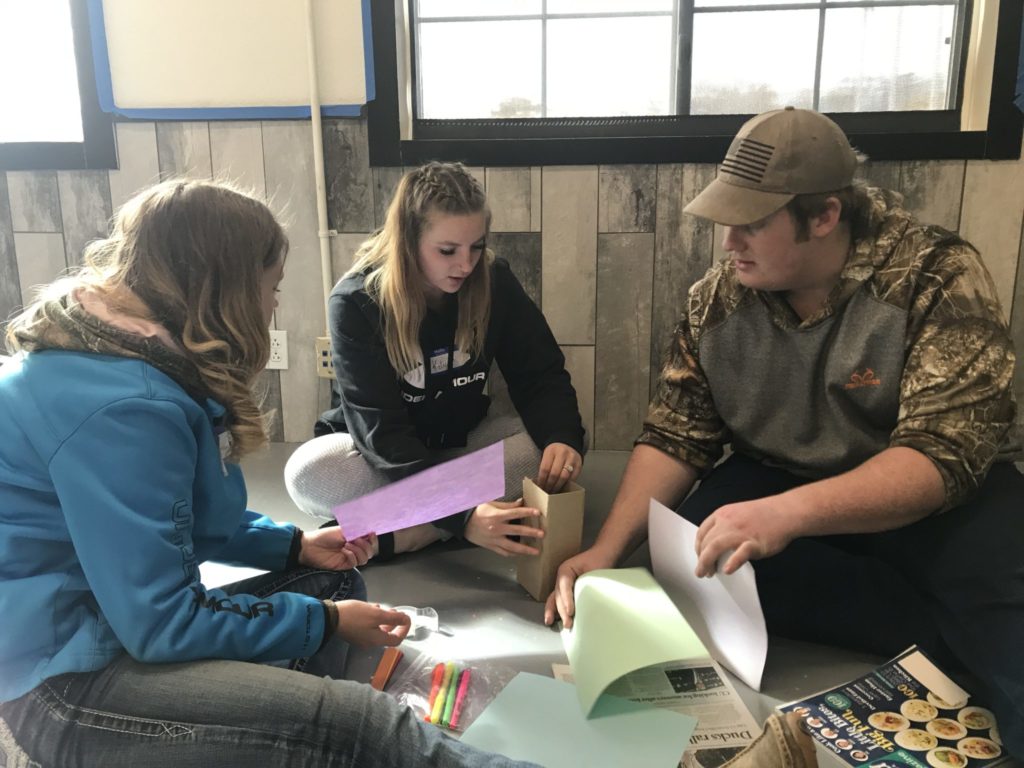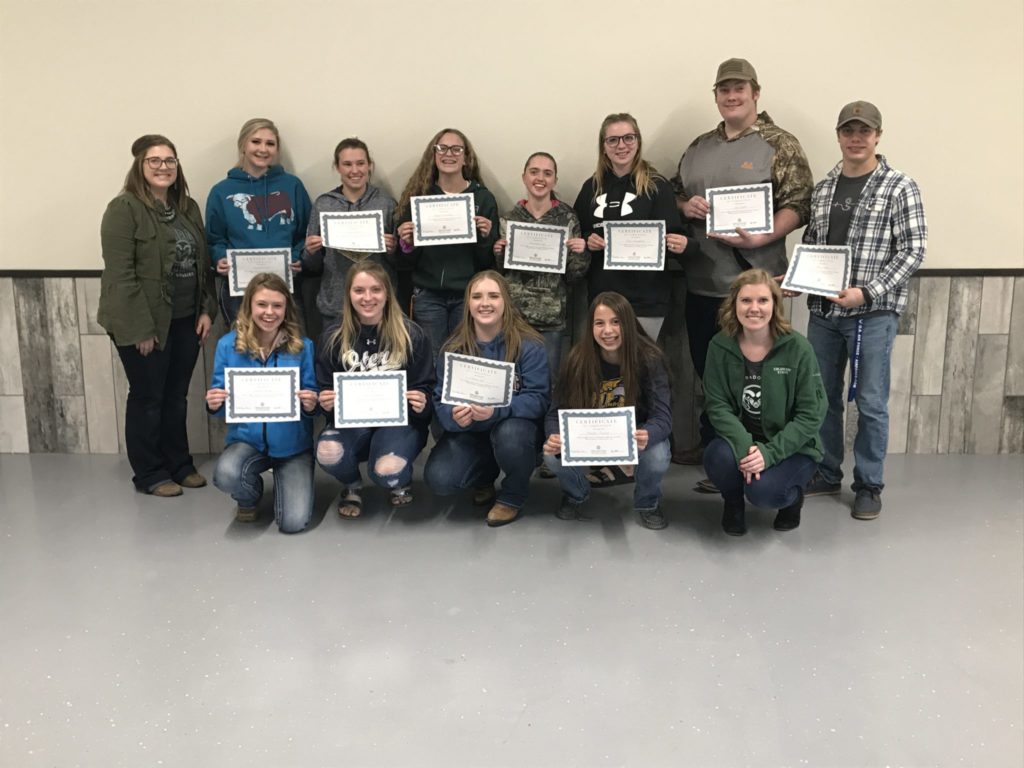
Colorado State University faculty in the Department of Human Development and Family Studies partnered with CSU Extension’s Garfield County 4-H to create a peer mentoring training toolkit that 4-H agents can use to build a peer mentoring program from scratch.
The Peer Mentor Training Toolkit for 4-H/Extension Agents provides content necessary for a day-long training with youth who will serve as peer mentors to local peers who have differing abilities and challenges.
The online toolkit includes tools such as articles, powerpoints, videos, and other materials that can be used to develop and supervise other youth mentoring programs and support those working with students with differing abilities.

Identifying a need
The toolkit was developed after a need for a peer-mentoring program was identified by youth from Garfield County 4-H. Youth both with and without disabilities and life challenges recognized that youth with disabilities and challenges were being left out from peer activities.
“They wanted to create unity between the youth and model acceptance for other students in their community,” said Garfield County’s 4-H agent Kayce Manuppella. “The peer mentoring program was developed as something that would bring peers together in an inclusive way.”
In 2019, a small group of 4-H youth from Garfield County, Colorado, attended the 2019 Citizenship Washington Focus in Washington, DC. CFW is a week-long 4-H citizenship program that gives youth ages 14-19 the opportunity to learn how to be citizen leaders.
Under the supervision and direction of Manuppella, the youth were tasked with creating a community action plan during their time at CWF. Gaining inspiration from one of their own members, the delegation designed a peer mentoring program with a specific focus on seeking mentees who face barriers in their lives.
Their passion and vision served as the foundation for the Community for Kid Peer Mentor Program, a mentoring model they envisioned that was based on inclusive practices pairing typically developing youth with peers who have disabilities. The delegates themselves became the group’s first mentors, informing and guiding next steps.
“The Garfield County 4-H members really wanted to to make it something that would be realized and not just practiced,” explained Manuppelle.
Usually, youth who participate in community action planning do it theoretically as an exercise without actually implementing the plan.
To get the program realized, CSU College of Health and Human Sciences Dean Lise Youngblade connected Manupella with faculty from the Department of Human Development and Family Studies. Susan Hepburn, a national expert on promoting resilience in families of persons with developmental differences or disorders, Jen Krafchick and Toni Zimmerman, the brains behind CSU’s award-winning Campus Connections Youth Mentoring program, brought their expertise to support the development of the Community for Kids program and train mentors.
Manupella, the faculty, and Human Development and Family Studies graduate students, Amy Smith and Breelynn Frank, teamed up to train youth peer mentors in the Garfield County 4-H program in February 2020.
Developing the toolkit
“The training provided a great opportunity to develop a curriculum and pilot the activities with youth involved in 4-H programs,” said Krafchick. “We designed the training for Community for Kids and directly responded to the community needs they identified to prepare them to become mentors in this program.”
Based on the feedback from Manupella and the youth, the toolkit was then created.
The online toolkit is customizable and includes activities and resources on youth mentoring, social justice, and disability awareness to build inclusive youth programming.
The toolkit includes access to the materials Community for Kids developed and day-long mentor training activity lesson plans to help mentors understand the challenges many of their mentees may face related to social injustices and disabilities.
The Department of Human Development and Family Studies is part of CSU’s College of Health and Human Sciences.